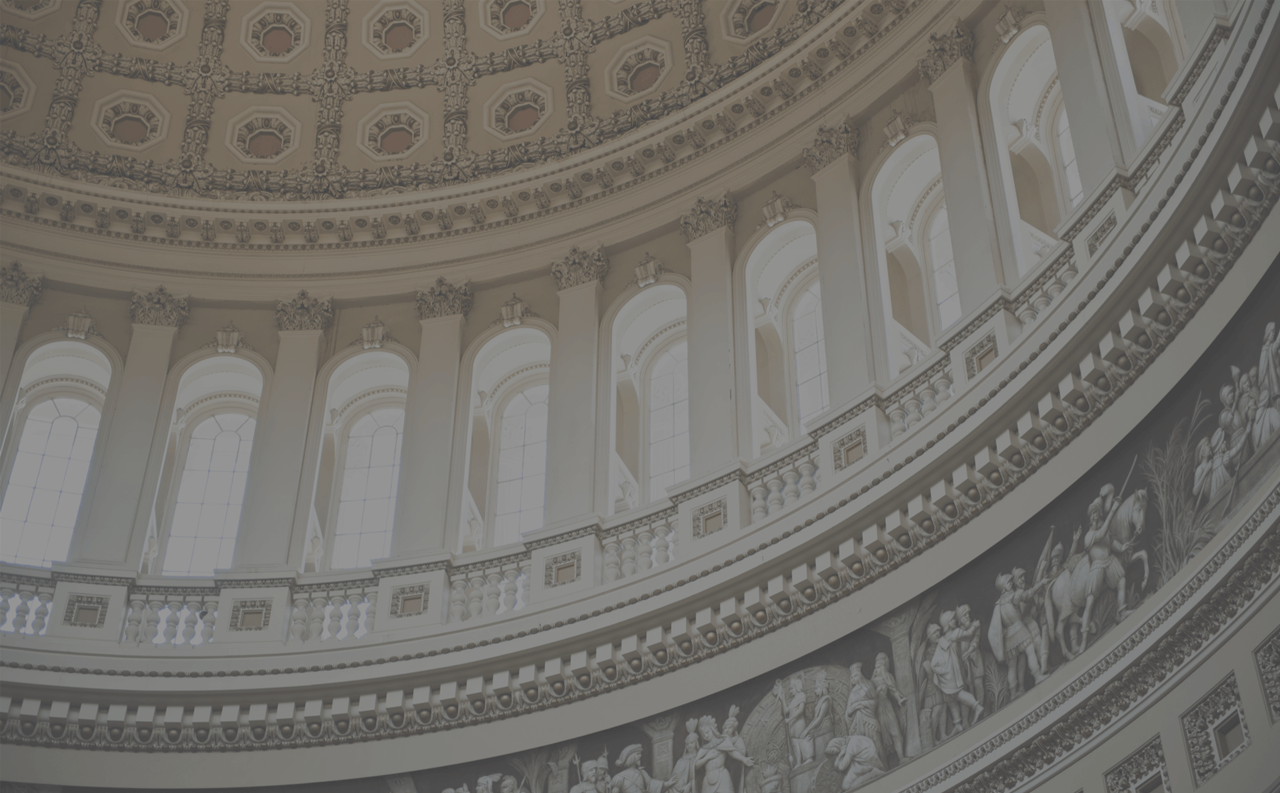As Pandemic Ebbs, Hospitals Could See a Flood of Denials

Although the COVID-19 pandemic is far from over, most states have seen encouraging trends in recent weeks, with decreases in new cases and deaths attributable to the virus. With the tide seeming to turn, states have begun to ease some of the restrictions they imposed to slow the spread, hoping to balance the goals of reopening their economies and preventing a second wave of infections. For hospitals, this has brought good news, as they have been allowed to resume elective procedures, although patient volumes remain depressed for outpatient, inpatient, and emergency department (ED) services.
Nonetheless, hospitals still face significant financial hardship, with many expected to post losses due to declining revenues, increasing costs, and tapering federal relief funds. Adding to the challenges, some payers have already begun to reinstitute the administrative requirements that they waived at the start of the pandemic. With many hospitals operating with reduced staff due to budget shortfalls, there is a risk that hospitals could experience a spike in denials as they struggle to comply with these burdensome requirements once more.
- Denials Never Fully Went Away
Even at the height of the pandemic, payers were still issuing denials, albeit at a lower rate. As we noted previously, while some payers suspended requirements such as prior authorization for post-acute care admissions, others left such requirements in place, insisting that providers follow normal protocols. At the same time, denials based on coding and medical necessity continued apace. Indeed, some payers have even denied treatment related to COVID-19 as not medically necessary – a clear violation of both their own pledges to cover such care as well as the legal mandate established by the Families First Coronavirus Response Act (FFCRA) and the Coronavirus Aid, Relief, and Economic Security Act (CARES).
Limited as the grace period was, it did contribute to a drop in denials at a time when hospitals were overwhelmed by the crisis. That may be coming to an end soon.
- Technical Denials are Coming Back
While some payers are leaving their relaxed policies in place for the time being, others are returning to their normal procedures. United Healthcare (UHC), for instance, announced that effective June 1st, 2020, it would resume site-of-service reviews and prior authorization requirements for post-acute care across all of its lines of business. Additionally, UHC’s 90-day automatic extension of existing authorizations only applied through May 31st; thus, all authorizations set to expire on or after June 1st must be manually renewed. If providers aren’t aware of this policy and fail to initiate or renew authorizations, they could see claims denied for lack of authorization.
Along the same lines, Aetna announced that effective May 31st, it would resume standard prior authorization protocols for post-acute and long-term care. This came after Aetna resumed standard authorization protocols for acute care admissions on May 7th. Although Aetna made exceptions for select states and territories, this includes just a handful of states with explicit executive orders or Department of Insurance (DOI) mandates in place: Alaska, Arkansas, Delaware, Massachusetts, Nevada, New York, Puerto Rico, and Rhode Island. In all other states, Aetna requires providers to return to standard operating procedures, which could mean delayed discharges and denials for lack of notification for inpatient admissions.
Cigna has also announced its intent to resume normal authorization protocols, although at a slower pace than UHC or Aetna: its waivers for post-acute care will remain in place through July 31st.
- Unlike Commercial Payers, Government Payers Are Holding Steady
It’s important to note that these changes are occurring at a time when both national and state emergency declarations remain in effect. President Donald Trump’s declaration of national emergency on March 13th did not fix an end date, while the Public Health Emergency (PHE) declared by Health and Human Services (HHS) Secretary Alex Azar was renewed on April 26th for an additional 90 days; thus, the waivers and flexibilities granted by the Centers for Medicare and Medicaid Services (CMS) under section 1135 of the Social Security Act are still active. Indeed, CMS has indicated that they are in no rush to withdraw their waivers. Similarly, even as states begin to implement their reopening plans, they are still in a state of emergency. In Maryland, for instance, Governor Larry Hogan renewed the state of emergency declaration on June 3rd, thus extending the Maryland Department of Health’s policy waivers for Maryland Medicaid patients.
Given that government payers are still giving providers leniency in adhering to their normal administrative procedures, it may seem premature for commercial payers like UHC and Aetna to start returning to business as usual. It’s not surprising, though. Denials are central to the business models of commercial payers, so we shouldn’t be shocked to see them reinstating policies that allow them to increase their rate of denials.
What can providers do? With hospitals already facing staff cutbacks and furloughs, they may lack the resources to keep up with administrative requirements for authorization, notification, and concurrent review, let alone appeal any resulting denials. At HLS, we specialize in appeals, so we can help hospitals to address any denials they get, allowing their already overstretched employees to focus on preventing denials.


